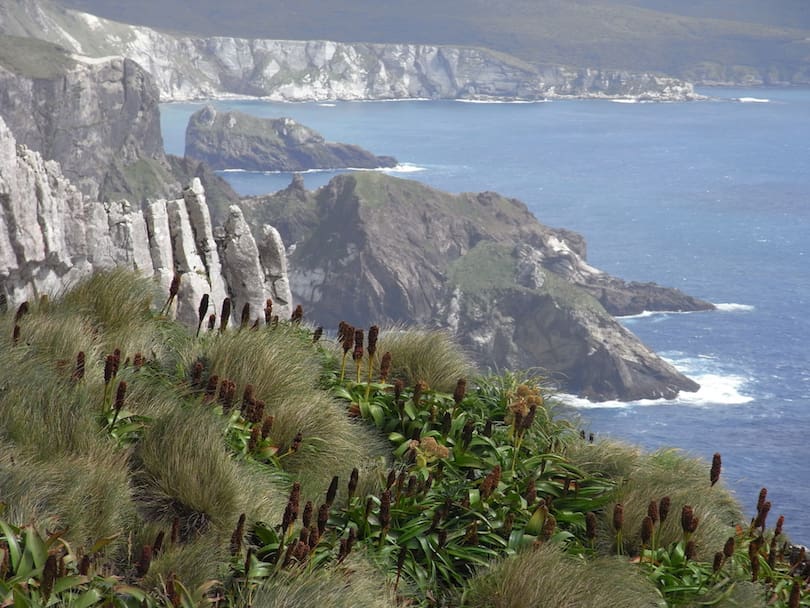Forestry has always been an important sector for India, not only in terms of economic value but also for its contribution to environmental conservation. One of the most significant institutions that has been at the forefront of forestry research in India is the Forest Research Institute (FRI) located in Dehradun, Uttarakhand. In this article, we will explore the history, significance, and current activities of FRI.
1. Introduction
Forestry research is critical for the conservation and sustainable use of forest resources. In India, the Forest Research Institute (FRI) is the oldest and most prestigious institution dedicated to forestry research. Located in Dehradun, Uttarakhand, FRI has contributed significantly to the development of the forestry sector in India since its inception in 1906.
2. History of FRI
The history of FRI dates back to the British colonial era when the Indian Forest College was established in 1878 to train forest officers. In 1905, the Imperial Forest Research Institute was set up in Dehradun, which later became FRI. The institute was instrumental in developing scientific methods for forestry research and conservation in India. FRI was recognized as a deemed university in 1991.
3. Significance of FRI
FRI has played a crucial role in advancing the forestry sector in India. Its research has contributed significantly to the development of forest management practices, biodiversity conservation, and the sustainable use of forest resources. The institute has also been instrumental in training forestry professionals and creating awareness among the public about the importance of forests.
4. Infrastructure and Facilities
FRI’s campus is spread over 450 hectares and houses a variety of buildings, including research labs, libraries, museums, and residential quarters for staff and students. The institute also has a botanical garden, a herbarium, and a greenhouse. FRI’s library is one of the largest in Asia, with over 1.4 million volumes of books and journals.
5. Departments and Areas of Research
FRI has several departments and research divisions that focus on different aspects of forestry research. These include Silviculture and Agroforestry, Forest Genetics and Tree Breeding, Forest Pathology, Wildlife Sciences, Forest Ecology and Environment, and Forest Products. The institute also has a Social and Policy Research Division that focuses on socio-economic and policy aspects of forestry.
6. Publications and Journals
FRI publishes several journals, including the Indian Forester, the Journal of Bamboo and Rattan, and the Journal of Non-Timber Forest Products. The institute also publishes technical reports, research papers, and books on various aspects of forestry.
7. Training and Capacity Building
FRI offers various training and capacity-building programs for forestry professionals, researchers, and students. These include short-term courses, workshops, and summer schools. FRI also offers degree programs in forestry and related fields, including a B.Sc. in Forestry, an M.Sc. in Forestry, and a Ph.D. in Forestry.
8. Collaborations and Partnerships
FRI collaborates with several national and international organizations in the field of forestry research and education. These include the International Union of Forest Research Organizations (IUFRO), the Food and Agriculture Organization of the United Nations (FAO), the Indian Council of Forestry Research and Education (ICFRE), and the World Agroforestry Centre (ICRAF). FRI also has partnerships with several universities and research institutions in India and abroad, such as the University of Freiburg in Germany, the University of British Columbia in Canada, and the University of Melbourne in Australia.
9. FRI Museum
The FRI museum is a popular attraction for visitors interested in the history and significance of the forestry sector in India. The museum houses a collection of specimens, models, and exhibits related to forestry, including preserved trees, forest products, and tools used in forestry.
10. Future Outlook
FRI continues to be a key institution in the forestry sector in India, and its research and training programs are essential for the sustainable development and conservation of forest resources. The institute has ambitious plans for the future, including expanding its research activities, strengthening collaborations with national and international partners, and promoting the use of new technologies and innovations in forestry.
11. Challenges and Opportunities
Despite its significant achievements, FRI faces several challenges, including the need to address the impact of climate change on forest ecosystems, the need for better integration of traditional knowledge with modern scientific methods, and the need to promote greater public awareness about the importance of forests. At the same time, FRI has opportunities to leverage new technologies and collaborations to strengthen its research and education programs and contribute to the development of sustainable forestry practices in India.
Conclusion
The Forest Research Institute, Dehradun, is a jewel in India’s forestry crown, and its contributions to forestry research, education, and conservation are significant. Its history, infrastructure, research programs, and collaborations make it an essential institution for the development of sustainable forestry practices in India. FRI has a critical role to play in addressing the challenges facing the forestry sector in India and promoting greater public awareness about the importance of forests for the environment and society.
FAQs
- What is the Forest Research Institute? The Forest Research Institute is a research institution located in Dehradun, Uttarakhand, dedicated to forestry research and education.
- When was the Forest Research Institute established? The institute was established in 1906.
- What are the areas of research at FRI? FRI has several departments and research divisions that focus on different aspects of forestry research, including Silviculture and Agroforestry, Forest Genetics and Tree Breeding, Forest Pathology, Wildlife Sciences, Forest Ecology and Environment, and Forest Products.
- Does FRI offer degree programs in forestry? Yes, FRI offers degree programs in forestry and related fields, including a B.Sc. in Forestry, an M.Sc. in Forestry, and a Ph.D. in Forestry.
- What is the FRI museum? The FRI museum is a collection of specimens, models, and exhibits related to forestry, including preserved trees, forest products, and tools used in forestry.






